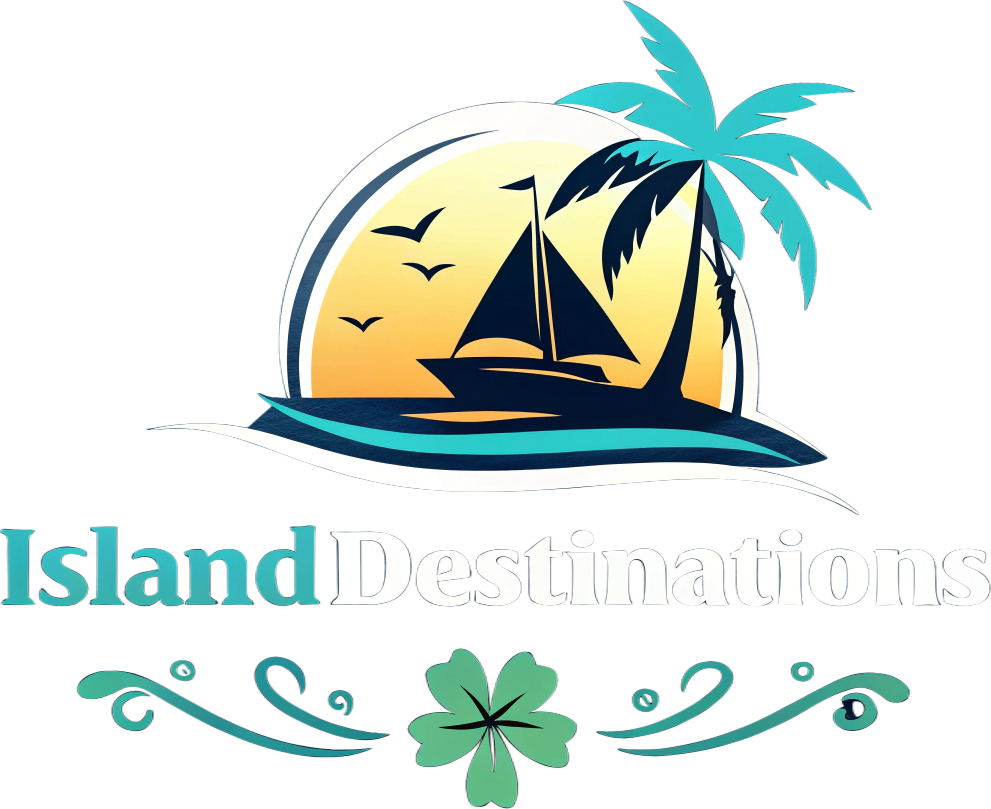Tourism and destination marketing are integral components of promoting travel destinations and attracting visitors from around the world. In today’s highly competitive tourism industry, effective marketing strategies can make a significant difference in showcasing the unique offerings of a destination and enticing travelers to visit. Let’s delve into the world of tourism and destination marketing and explore how these strategies can shape the success of a travel destination.
Tourism marketing involves promoting a destination’s attractions, accommodations, activities, and experiences to potential travelers. It aims to create awareness and interest in a destination, ultimately leading to increased visitor numbers and economic growth. Destination marketing organizations (DMOs) play a crucial role in developing and implementing marketing campaigns that highlight the best aspects of a location.
One of the key aspects of successful tourism and destination marketing is understanding the target audience. By identifying the demographics, preferences, and motivations of potential travelers, marketers can tailor their messages to resonate with specific segments. This targeted approach allows for more personalized and engaging marketing campaigns that are more likely to drive conversions.
In today’s digital age, online marketing plays a central role in promoting tourism destinations. Social media platforms, travel websites, and online advertising channels offer opportunities to reach a global audience and engage with travelers in real time. Effective use of digital marketing tools can enhance a destination’s visibility, attract new visitors, and foster a sense of community among past and potential travelers.
Another important aspect of tourism and destination marketing is storytelling. By crafting compelling narratives that showcase the unique culture, history, and experiences of a destination, marketers can create emotional connections with travelers and inspire them to visit. Authentic storytelling helps to differentiate a destination from its competitors and create a memorable impression in the minds of travelers.
Collaboration and partnerships are also key elements of successful tourism and destination marketing. By working with local businesses, travel influencers, media outlets, and other stakeholders, DMOs can amplify their marketing efforts and reach a wider audience. Collaborative marketing campaigns can leverage the strengths of multiple partners and create synergies that benefit all involved.
Measuring the effectiveness of tourism and destination marketing initiatives is essential for evaluating their impact and optimizing future strategies. Key performance indicators such as website traffic, social media engagement, visitor spending, and tourism revenue can provide valuable insights into the success of marketing campaigns. By analyzing data and metrics, marketers can refine their approaches and allocate resources more effectively.
In conclusion, tourism and destination marketing play a crucial role in promoting travel destinations, attracting visitors, and driving economic growth. By leveraging targeted marketing strategies, digital tools, storytelling, collaboration, and performance measurement, destinations can enhance their competitiveness and appeal to a global audience. As the travel industry continues to evolve, innovative marketing approaches will be essential for capturing the hearts and minds of travelers and showcasing the wonders of each destination.

